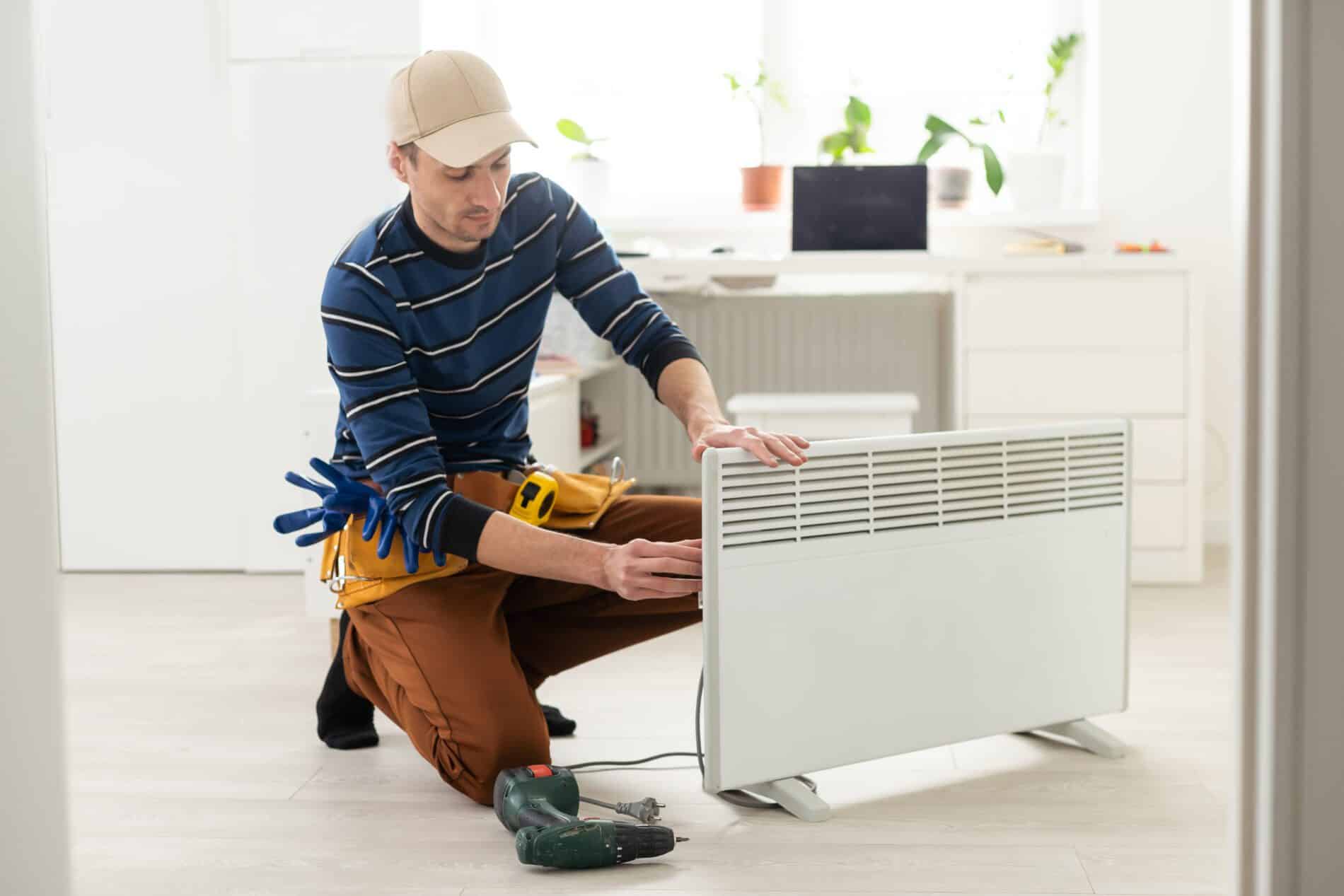Managing Water Heater Challenges: A Guide For The Usual Standard Challenges
Managing Water Heater Challenges: A Guide For The Usual Standard Challenges
Blog Article
We've found this post about Water Heaters Problems listed below on the internet and believe it made perfect sense to share it with you in this article.

Visualize beginning your day without your routine warm shower. That already establishes an inadequate tone for the rest of your day.
Every house requires a reliable water heater, but only a few recognize exactly how to take care of one. One simple means to maintain your water heater in top shape is to look for faults consistently and repair them as soon as they show up.
Remember to turn off your water heater before sniffing around for faults. These are the hot water heater mistakes you are probably to come across.
Water as well warm or too cool
Every hot water heater has a thermostat that identifies exactly how hot the water gets. If the water coming into your home is too hot in spite of setting a convenient maximum temperature, your thermostat could be faulty.
On the other hand, too cold water may be because of a failed thermostat, a broken circuit, or inappropriate gas flow. For instance, if you use a gas hot water heater with a broken pilot burner, you would certainly get cold water, even if the thermostat remains in ideal problem. For electric heating systems, a blown fuse might be the culprit.
Not nearly enough hot water
Water heaters been available in numerous dimensions, depending upon your warm water needs. If you lack warm water before everyone has actually had a bathroom, your hot water heater is also little for your family size. You should take into consideration mounting a larger hot water heater tank or selecting a tankless water heater, which uses up less space and is a lot more sturdy.
Weird sounds
There are at least five sort of sounds you can hear from a water heater, however one of the most usual analysis is that it's time for the water heater to retire.
Firstly, you must know with the typical sounds a hot water heater makes. An electric heating system might appear different from a gas-powered one.
Popping or banging audios generally mean there is a piece of sediment in your tanks, as well as it's time to cleanse it out. On the other hand, whistling or hissing sounds might just be your shutoffs allowing some pressure off.
Water leakages
Leaks could originate from pipelines, water links, valves, or in the worst-case situation, the container itself. Gradually, water will certainly wear away the container, and find its escape. If this takes place, you require to change your water heater immediately.
Nevertheless, before your modification your entire container, make sure that all pipelines are in location which each valve functions completely. If you still require assistance recognizing a leakage, call your plumber.
Rust-colored water
Rust-colored water implies one of your hot water heater elements is corroded. Maybe the anode rod, or the container itself. Your plumber will be able to determine which it is.
Warm water
Despite how high you set the thermostat, you won't obtain any warm water out of a heater well past its prime. A hot water heater's effectiveness might reduce with time.
You will additionally get warm water if your pipelines have a cross connection. This implies that when you switch on a tap, hot water from the heating unit flows in alongside regular, cold water. A cross connection is simple to area. If your hot water taps still run after closing the hot water heater shutoffs, you have a cross connection.
Discoloured Water
Rust is a major root cause of filthy or discoloured water. Corrosion within the water storage tank or a failing anode rod could create this discolouration. The anode rod shields the tank from rusting on the inside and also need to be checked yearly. Without a pole or a properly functioning anode rod, the warm water promptly rusts inside the container. Call a specialist water heater technician to establish if changing the anode pole will certainly deal with the issue; otherwise, change your water heater.
Conclusion
Ideally, your water heater can last 10 years before you require a modification. Nonetheless, after the 10-year mark, you may experience any one of these mistakes a lot more on a regular basis. Now, you need to include a brand-new water heater to your spending plan.
How To Troubleshoot 3 Common Water Heater Problems in Twin Cities
The Water Heater Is Leaking
A leaky cold water inlet valve A loose pipe fitting A leaky temperature and pressure relief valve A corroded anode rod A cracked tank Turn Off Your Water Heater:
Shut off your gas water heater by turning the gas valve on the unit to the “OFF” position. Shut off your electric water by switching its power off at your electrical panel. Look for a two-pole breaker labeled “water heater” and turn it to the “OFF” position. Move the ball valve connected to the water heater to be perpendicular to the piping at a 90° angle. Look for the Leak:
Depending on whether the water is coming from the tank's top or bottom, you’ll want to look for the leak in different locations.
If the leak comes from the top of the tank, carefully look for water escaping from the cold water inlet valve or loose pipe fittings. Rusted hot and cold water valves can have loose connections with the tank, with water leaking out of them.
https://mspplumbingheatingair.com/blog/how-to-troubleshoot-3-common-water-heater-problems
I ran across that page on Water Heater Repair and Troubleshooting when surfing the web. Sharing is nice. You just don't know, you could be doing someone a favor. Many thanks for your time. Please visit our site back soon.
Ring for results! Report this page